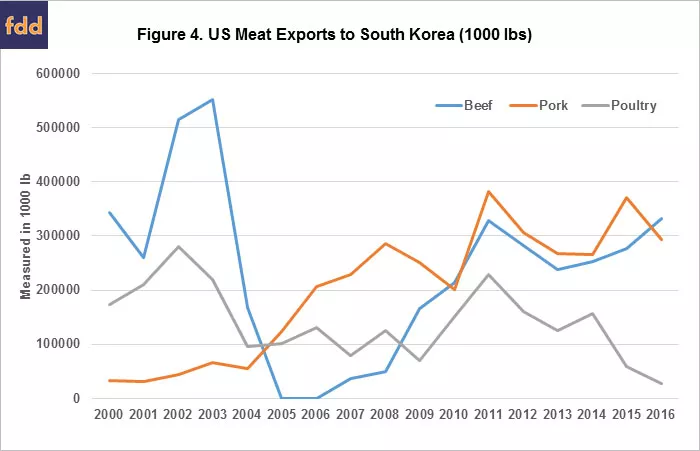Export-Driven Businesses Face Production Halts and Workforce Reductions
Impact Alert: 81% of surveyed South Korean SMEs report severe operational disruptions from new U.S. tariffs, with many facing order cancellations and production suspensions.
Case Study: Food Export Crisis
Lee Sun-hee’s Seasoning Business
- Location: Chuncheon, Gangwon Province
- Main Products: Seaweed, gochujang, doenjang
- U.S. Market Share: 80% of total exports
- Lost Orders: ₩100 million (¥530,000)
Operational Impact
- 50%+ production lines idled
- Inventory accumulation issues
- New market development costs mounting
- Fixed costs continuing unabated
Sector-Wide Damage Assessment
| Industry | May Export Performance | Response Measures |
|---|---|---|
| Automotive Parts | Double-digit declines | Supply chain diversification |
| Steel Products | 15-20% drops | Production scale-backs |
| Food Exports | Order cancellations up 300% | Market reorientation |
Macroeconomic Fallout
1.3%South Korea’s overall export decline (May 2025)
7/10Major export categories showing contraction
81%SMEs reporting significant tariff impacts
Corporate Survival Strategies
Supply Chain Restructuring
Auto parts manufacturers relocating some production to Southeast Asia
Workforce Adjustments
Layoffs and reduced hours becoming widespread
Product Reengineering
Food exporters reformulating products for alternative markets
Industry Outlook
The Korea International Trade Association warns the situation may deteriorate further before year-end as:
- Inventory backlogs clear slowly in U.S. markets
- Retooling costs strain SME finances
- Alternative markets require time to develop
With South Korea’s export-driven economy facing its first monthly decline in four months, policymakers face mounting pressure to provide relief measures while businesses scramble to adapt to the new trade reality. The coming quarters will test the resilience of Korea’s SME sector as it navigates these unprecedented challenges.
Related topics:

